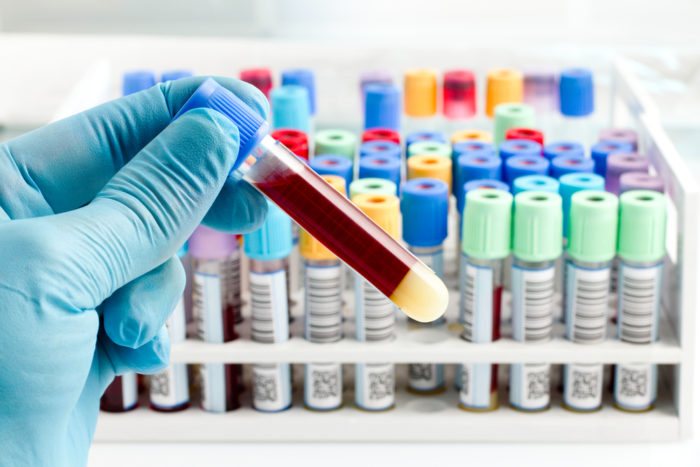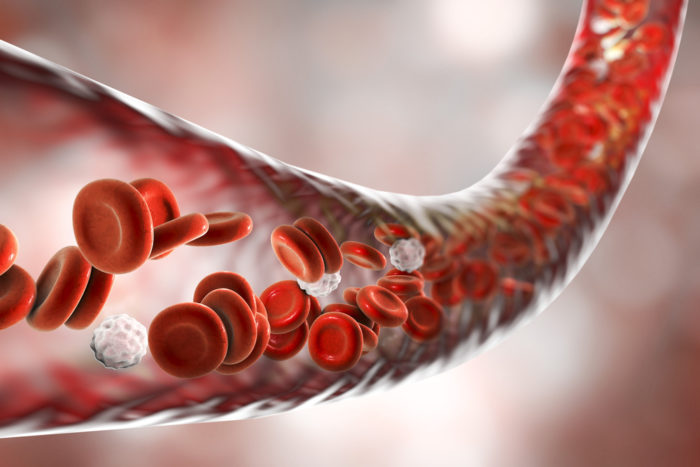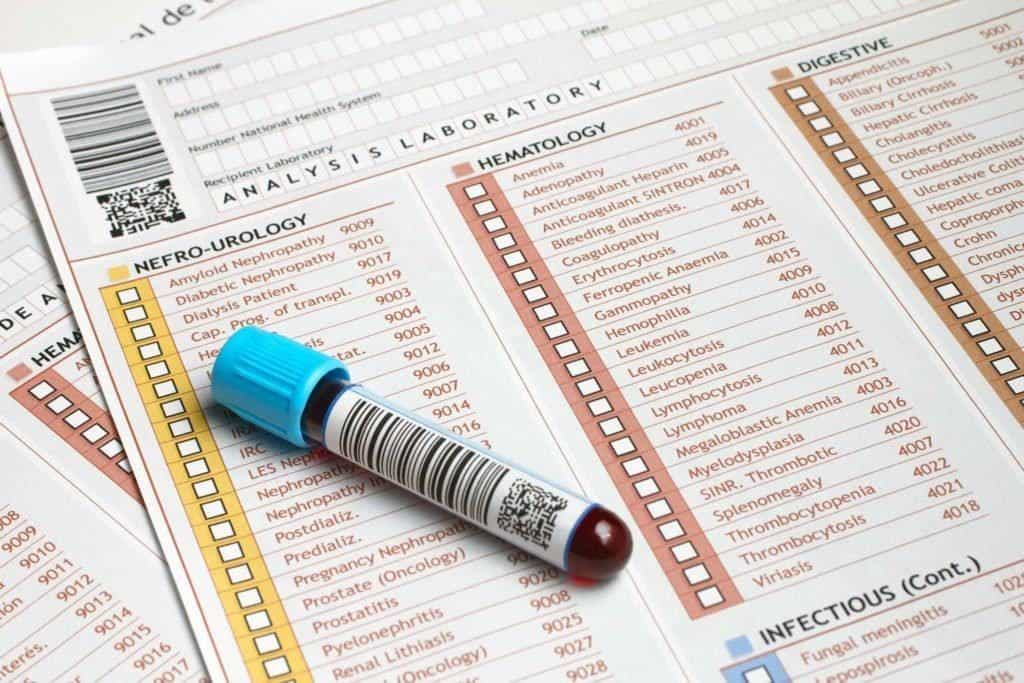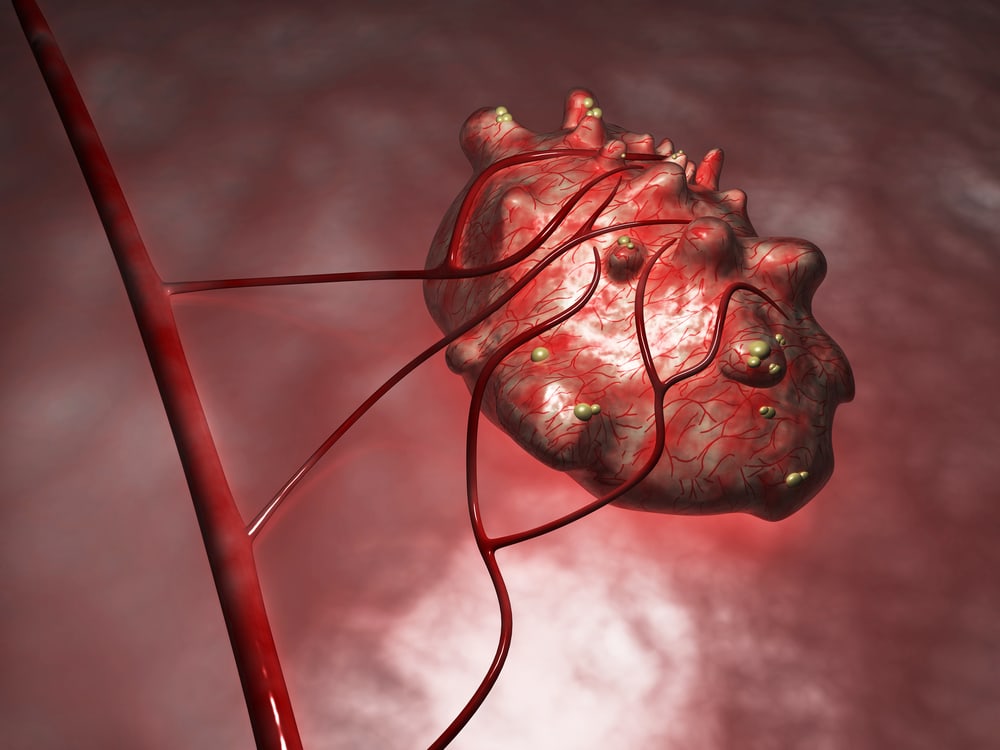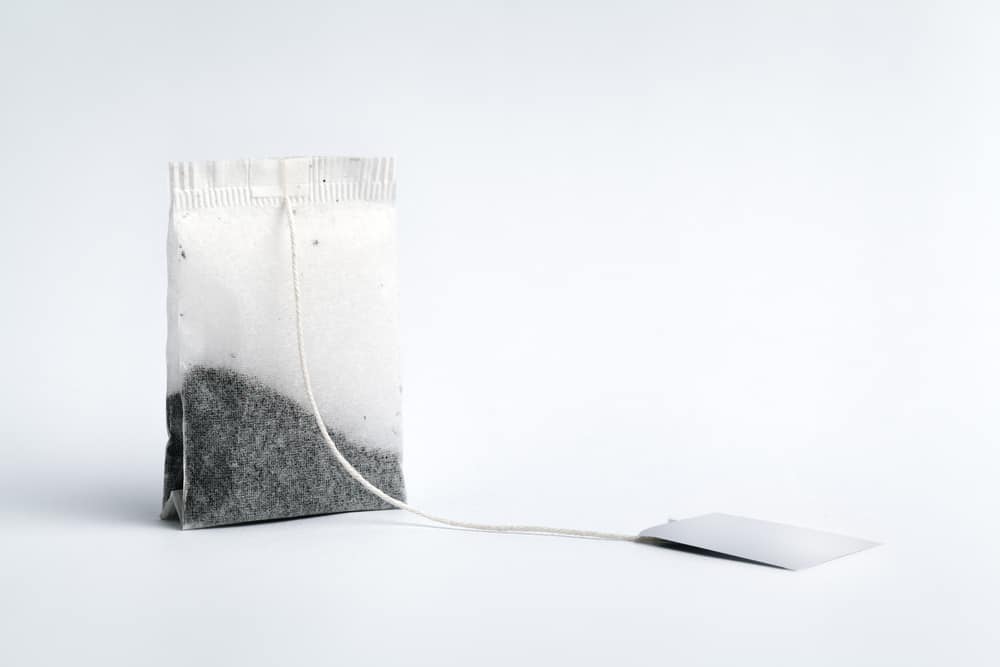Contents:
- Medical Video: Living with A Rare Blood Cancer, Polycythemia Vera
- Causes of polycythemia vera disease
- What are the symptoms of polycythemia vera?
- Polycythemia vera is a disease that can cause dangerous complications
- How is the right treatment for polycythemia vera disease?
Medical Video: Living with A Rare Blood Cancer, Polycythemia Vera
Polycythemia vera is one type of blood cancer that rarely occurs. This disease usually attacks more than 60 years of age. Just like other cancers, this one medical condition should not be underestimated and must be treated immediately. Because if not, polycythemia vera can cause life-threatening complications.
Causes of polycythemia vera disease
Polycythemia vera is a medical condition that occurs when the production of red blood cells is too high to exceed the normal amount. The main trigger is due to an error in gene mutations that cause blood cell production to rise.
Normally, red blood cells have the duty to carry oxygen to be circulated throughout the body. Well, besides the production of red blood cells in the body very much, polycythemia vera also turns out to increase the amount of platelet production, both of which will form clots that make the blood become thicker. This of course will slow the blood flow rate.
Gradually, the blood flow that slows down can affect the supply of oxygen that reaches the heart, brain, and other vital organs. There is even a risk of stopping blood flow in the arteries.
What are the symptoms of polycythemia vera?
Symptoms of polycythemia vera are not always the same for everyone. In fact, sometimes this disease does not cause any symptoms so it is difficult to detect. Usually, the symptoms and characteristics of polycythemia vera are:
- Itching throughout the body, especially after bathing
- Fatigue
- Hard to breathe
- Dizzy
- Bruising in one or several areas of the body
- Excessive sweating
- Blurred vision
When the disease is severe enough, the symptoms that appear will be more serious, such as:
- Joint swelling
- Pain in bones
- Reddish face
- Bleeding gums
- The hands or feet are burning
The appearance of these symptoms does not always indicate the disease polycythemia vera. It is important to consult your doctor immediately when symptoms appear to be abnormal.
Polycythemia vera is a disease that can cause dangerous complications
This type of blood cancer can cause various complications later on. For example, when blood clots have covered part or all of the blood flow in a blood vessel, it can cause strokes, heart attacks, and blockage of the arteries.
Increased blood cell production will also make the spleen, which is in charge of fighting infections while selecting ingredients that are not needed by the body, work harder than usual. This condition will make the spleen enlarged because it must constantly filter excess red blood cells.
In the long term, polycythemia vera can also result in the formation of scar tissue in the spinal cord (myelofibrosis), the formation of imperfect blood cells (myelodysplastic syndrome), and acute leukemia.
How is the right treatment for polycythemia vera disease?
Until now, polycythemia vera is still difficult to cure. Therefore, the goal of the treatment of polycythaemia vera is to relieve the development of the disease, reduce the amount of blood cell production, while preventing the emergence of complications.
The first treatment usually recommended by doctors is phlebotomy. The goal is to reduce the amount of excess red blood cells in the body, by removing a certain amount of blood from the veins. The time for treatment with phlebotomy can vary from person to person, depending on the severity of the disease.
If needed, the doctor may provide additional medication to reduce the production of platelets and red blood cells. For example with low-dose aspirin, interferon alpha, hydroxyurea, and ruxolitinib.
In addition to routine treatment at the doctor, caring for your body by doing a few simple things can also help maintain health conditions.
Starting from quitting smoking; regular exercise light so that blood flow stays healthy; do foot exercises to stop blood clots; to always keep the moisture of your skin.


